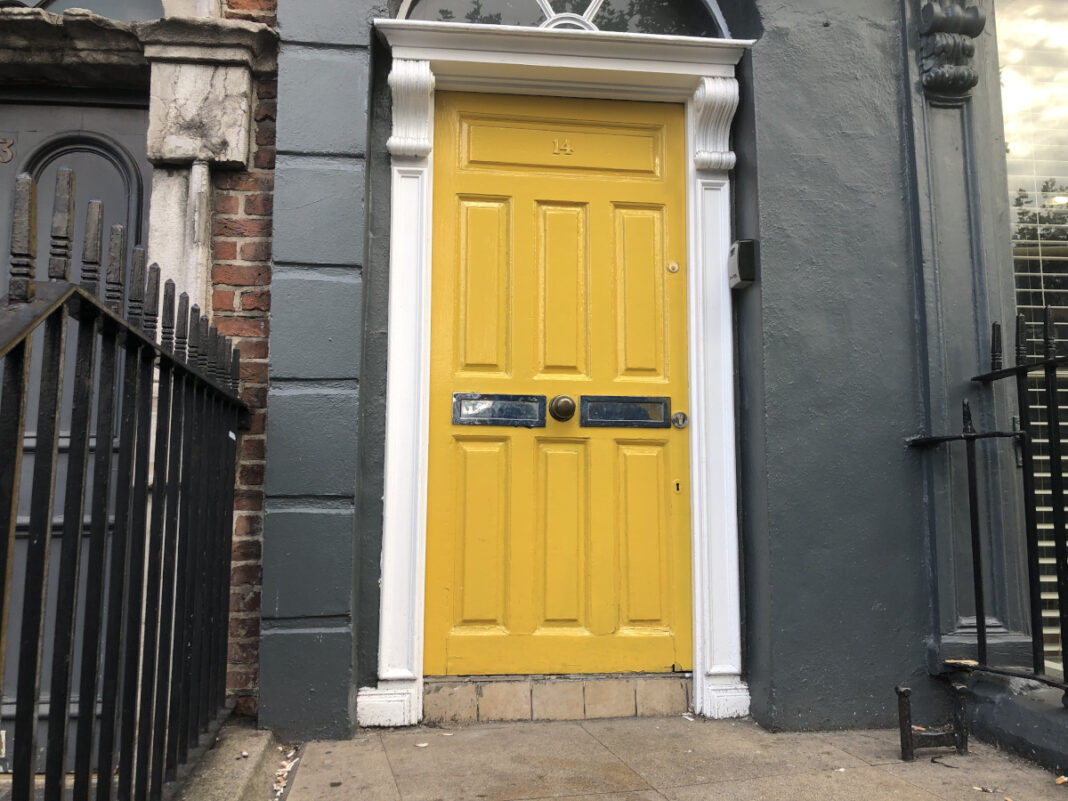UNITED STATES—The advantage of this was that the Republic of Guano held a monopoly over the production of alcohol, being a point of pride near the speeches on independence day, the amount of public revenue derived from liquor sales. He who wore the presidential sash could tout it among his great accomplishments.
In an arena a dance was held. Two guitars and a mandolin oozed their tuneful musings into the night. Women blotched with make-up-streaked faces lent their imposing and desired presences. Some of the women arrived by themselves. Some with their husbands. But that did not make a huge difference in their behavior. There is something about transmissions of vast amounts of money and an erosion of rectitude. Happiness and animation went in crescendo. The youngest fieldworkers danced, while the eldest observed with apathy from the sidelines. The overheated atmosphere became unbreathable due to the sweat and body heat of the peons and the cooks. Outside the arena in the garish light of the lanterns, some women sold punch, sodas, nacatamales, yuca with chicharron, strong coffee, bread and guaro. David Perez and Cristobal danced. Alongside were their friends, Guzmán, Aguilar and Chaverría, they were there as spectators. Katrina and Gia were the most sought after of the dancers, by virtue of the fact that they had nothing against with dancing with anyone.
“Let me cut in. . .”
Cristobal’s wife enjoyed her youth. Although she was not beautiful, her feminine contours exercised a hypnotic attraction. What’s more, her playful manner –half facetious, half mocking—made her very appealing. There was always another man in line waiting to dance with Cecilia. Several years she had lived in union with Cristobal, and they still hadn’t been able to have children.
“Mejore, mema,” other woman, who had their hands full with children told Cecilia, with a hint of envy, “better in the banana fields.”
One of the musicians was Rodolfo, from whose throat emanated a manly song, making itself clear above the roar of people gathered there. Sparked by the drinks that his friends plied, it was a volcanic reef of enthusiasm and overflowed a flood of happiness, nay, euphoria. Rodolfo’s agile fingers made the strings on his roomy guitar sing out. At times vibrated the underlying notes, sometimes giggling and full of ardor, sometimes languid, full of undefined longing. The eyes and gestures of those gathered in the fields, under the elephant leaves of the plantains seemed to live out the rhythms of the popular songs that awoke childish or unspoken feelings. Rodolfo conjured the newest hit songs from the Victrolas. Many times he added his own irreverent words, like these that made fun of a new gringo Manager.
One day on the ranch,
They found Mr. Green.
They gave him a bunch,
He took with gluttonous grip.
They say the gringo so dear
A banana had never seen
But he started as Manager,
Making more than our
Brothers and sisters.
Then they gave Mr. Green
A cup of guaro never tasted
Before, and he met it with
Thirsty thirst. Mr. Green
Fell flat on his feet and now
He’s in command of the
Banana fleet.
And the crowd, having fun and enthused by the party, joined in the refrain. Watch out for Mr. Green.
The dances were as eclectic as the men assembled. Some danced with the Costa Norte style, contorting and limbo-ing to rumbas and tangos, learned in the bawdy houses of the ports, among yellow-haired sailors and mestizo concubines. Others modestly slid along their companions, without effusion, but with a deeply sexual concentration, while those from the interior performed the zapoteados, that in the field slang they called “destroncono.” Some danced alone in the patios, giving shouts of drunken happiness.
To the side of the smoking grills, two young men spoke in low voice, with stealth, as if they were afraid of being caught.
“Well, Farruco, I didn’t know you were such a bigwig. Drink up.”
“What do you think, Tommy. That I’d give up. The other day, bro, all alone I polished off an eighth of a liter.”
To be continued…






